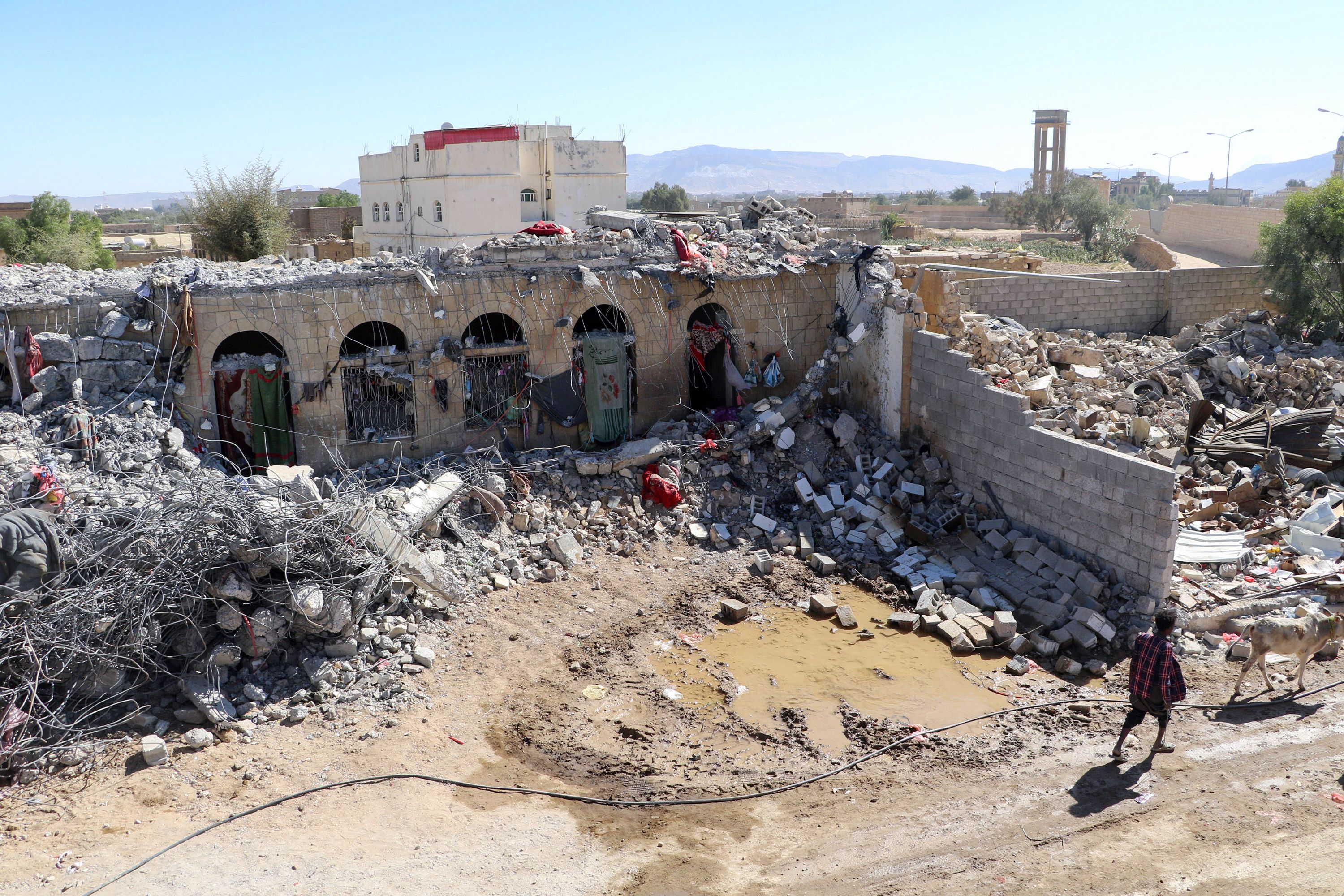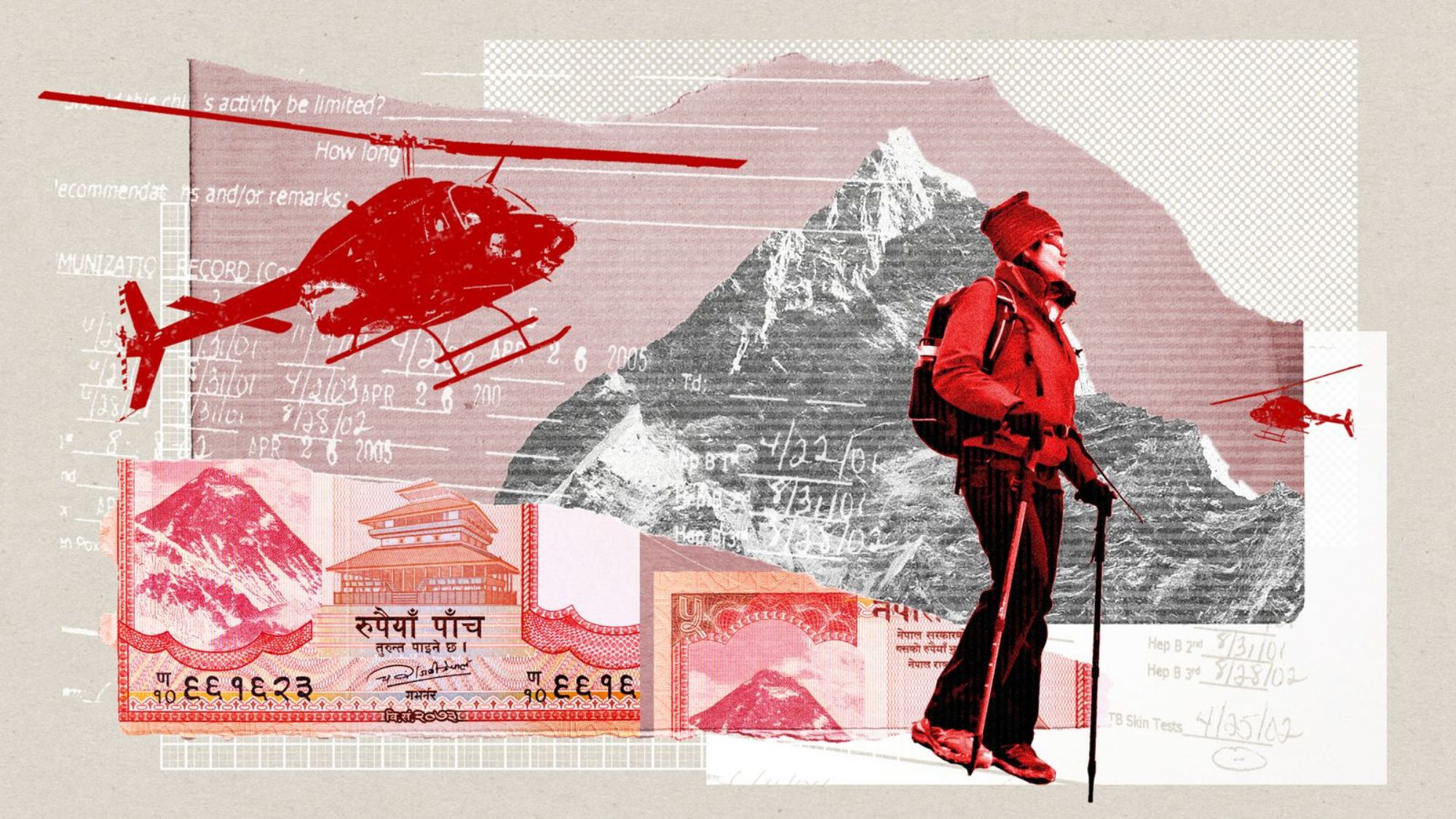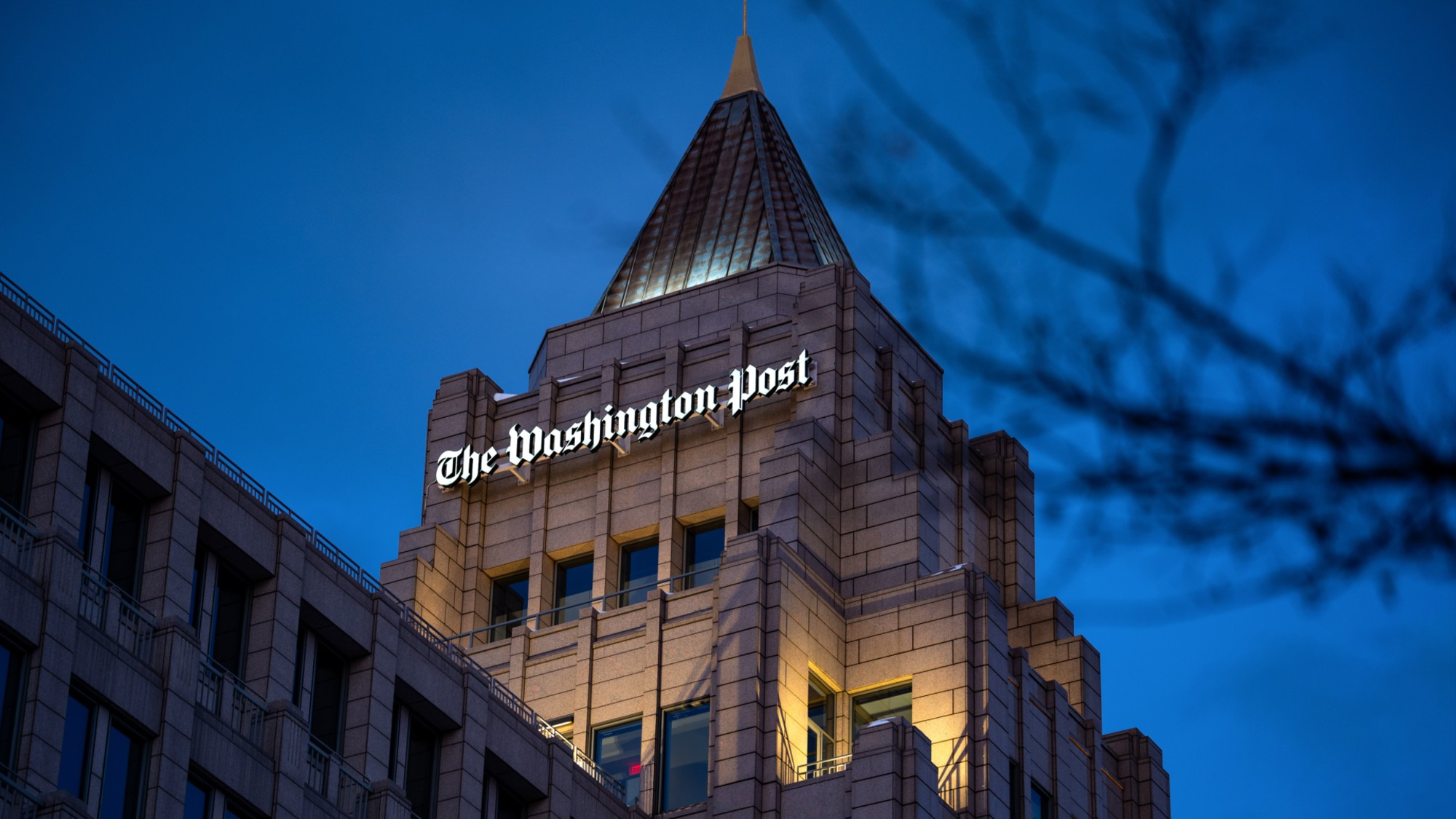Houthi rebel attacks: a new development in Yemen’s ‘festering’ war
The conflict escalated in January when a Houthi drone attack hit oil facilities in the UAE

A free daily email with the biggest news stories of the day – and the best features from TheWeek.com
You are now subscribed
Your newsletter sign-up was successful
The devastating seven-year conflict in Yemen has entered a “dangerous new phase” in recent weeks, said Al-Araby (Lusail). A coalition led by Saudi Arabia and including other Sunni Arab states, such as the United Arab Emirates, has been fighting Houthi insurgents – Shias who are backed by Iran – since 2015, months after the Houthis had seized Yemen’s capital, Sana’a.
But on 17 January, the conflict escalated when a Houthi drone attack hit oil facilities and Abu Dhabi’s airport in the UAE. The strike killed three people; it was the first time the Houthis had successfully hit a target there. A week later, the UAE said it had shot down two more ballistic missiles fired from Yemen: witnesses saw “bright flashes” light up the night sky.
The coalition forces responded by unleashing a ferocious wave of air strikes in Yemen, said Al-Thawra (Sana’a). The deadliest, on a prison in Saada on 21 January, killed more than 80 people and injured hundreds – the worst count of civilian casualties in Yemen in three years.
The Week
Escape your echo chamber. Get the facts behind the news, plus analysis from multiple perspectives.

Sign up for The Week's Free Newsletters
From our morning news briefing to a weekly Good News Newsletter, get the best of The Week delivered directly to your inbox.
From our morning news briefing to a weekly Good News Newsletter, get the best of The Week delivered directly to your inbox.
Blame here lies squarely with the Houthis, said The National (Abu Dhabi). The conflict they started by overthrowing “an internationally recognised government” in 2014 has already claimed 377,000 lives, and left 24 million people in need of humanitarian aid. It has also jeopardised global oil supplies: Houthis have targeted Saudi oil infrastructure and even hijacked tankers; their latest attacks sent oil prices to a seven-year high.
The UAE is reeling from these strikes, said Giorgio Cafiero on TRT World (Istanbul). Abu Dhabi depends heavily on its status as a “safe tourist destination” and a hub for global commerce; the recent attacks on it represented a huge blow. The US is considering designating the Houthis as a terror group again, having reversed that position last year to keep diplomatic efforts alive and deliver aid.
Whatever the wrongs of the Houthis, the Saudis have behaved abominably, said Dawn (Karachi). They have unleashed terrible force since first invading Yemen to depose the Houthis. Schools and weddings have been attacked, and over four million people have been internally displaced.
The West should be helping calm the situation, said Shuaib Almosawa and Sarah Leah Whitson in The Washington Post. Instead, it’s making it worse. The Biden administration is still signing off billions in arms sales to Saudi forces, and helping them militarily. The helpless and desperate people of Yemen, meanwhile, are left to suffer the consequences of their country’s “festering” and hopeless war.
A free daily email with the biggest news stories of the day – and the best features from TheWeek.com
-
 Nepal’s fake mountain rescue fraud
Nepal’s fake mountain rescue fraudUnder The Radar Arrests made in alleged $20 million insurance racket
-
 History-making moments of Super Bowl halftime shows past
History-making moments of Super Bowl halftime shows pastin depth From Prince to Gloria Estefan, the shows have been filled with memorable events
-
 The Washington Post is reshaping its newsroom by laying off hundreds
The Washington Post is reshaping its newsroom by laying off hundredsIn the Spotlight More than 300 journalists were reportedly let go
-
 Iran and US prepare to meet after skirmishes
Iran and US prepare to meet after skirmishesSpeed Read The incident comes amid heightened tensions in the Middle East
-
 Syria’s Kurds: abandoned by their US ally
Syria’s Kurds: abandoned by their US allyTalking Point Ahmed al-Sharaa’s lightning offensive against Syrian Kurdistan belies his promise to respect the country’s ethnic minorities
-
 Israel retrieves final hostage’s body from Gaza
Israel retrieves final hostage’s body from GazaSpeed Read The 24-year-old police officer was killed during the initial Hamas attack
-
 China’s Xi targets top general in growing purge
China’s Xi targets top general in growing purgeSpeed Read Zhang Youxia is being investigated over ‘grave violations’ of the law
-
 Panama and Canada are negotiating over a crucial copper mine
Panama and Canada are negotiating over a crucial copper mineIn the Spotlight Panama is set to make a final decision on the mine this summer
-
 Iran unleashes carnage on its own people
Iran unleashes carnage on its own peopleFeature Demonstrations began in late December as an economic protest
-
 How oil tankers have been weaponised
How oil tankers have been weaponisedThe Explainer The seizure of a Russian tanker in the Atlantic last week has drawn attention to the country’s clandestine shipping network
-
 The rise of the spymaster: a ‘tectonic shift’ in Ukraine’s politics
The rise of the spymaster: a ‘tectonic shift’ in Ukraine’s politicsIn the Spotlight President Zelenskyy’s new chief of staff, former head of military intelligence Kyrylo Budanov, is widely viewed as a potential successor